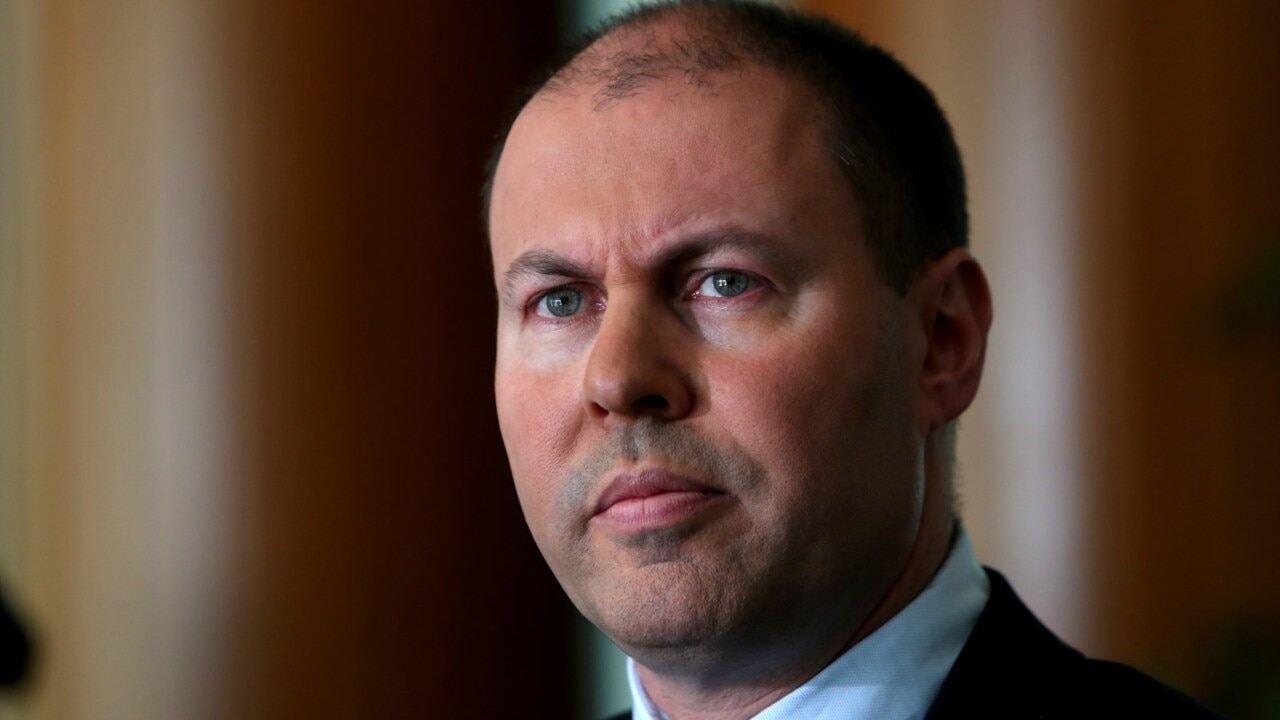Why the banking royal commission was necessary
LATE last year, I publicly stated I’d vote against Government policy to bring about a Royal Commission into the big banks and financial services sector. Here’s why I changed my mind, writes Wide Bay MP Llew O’Brien.
LATE last year, as a first-term backbench member of the Federal Government, I publicly stated I’d vote against Government policy to bring about a Royal Commission into the big banks and financial services sector.
This was after much consideration and discussion with my Nationals colleagues George Christensen MP, Senators John “Wacka” Williams and Barry O’Sullivan, who had drafted a bill to be introduced into the Senate.
Mine was the one vote needed to get the Royal Commission over the line in the House of Representatives.
Miraculously, only a week or so after I made this call, the banks themselves asked the Government to establish a Royal Commission into their own practices.
From this unusual alignment of the stars the Royal Commission into Misconduct in the Banking, Superannuation and Financial Services Industry was born.
Rightly, from the moment I indicated my intention to support a Royal Commission, from the top down, I was asked to explain why.
Our major financial institutions hold a highly privileged and trusted position in our economy.

When things get dicey, the majors banks are covered by a guarantee scheme that, in the event the institution fails, the Government will stump up your hard earned tax dollars to cover deposits.
This alone demands a moral, ethical and social duty to maintain the highest standards.
Add to this that many financial institutions operate under a framework of self reporting their breaches to the regulator, a trust betrayed by AMP and exposed during the royal commission.
This is all before we start considering the plethora of examples of misconduct and criminality by financial institutions including forgery, fake emails, unauthorised withdrawals, knowingly charging dead people for services, serious conflicts of interest, and then there’s the mother of all money laundering scandals committed by ‘which bank’? The Commonwealth Bank.
It was exposed by the Australian Transaction Reports and Analysis Centre for more than 53,000 breaches of anti-money laundering and counter terrorism financing laws.
Even after CBA was made aware of these events it still failed in its duty to manage the risks, opening the door for drug dealers and terrorists to open and transact accounts.
If a truck driver, publican, post office, news agent, builder, health practitioner or just about any other business you can think of was exposed for engaging in the sheer volume of breaches relative to their enterprise, they would have their licence cancelled, they’d be disqualified from operating and have the book thrown at them.

It was also obvious that financial penalties imposed on institutions when their disgraceful conduct was proved, were of little deterrents to companies still turning multi billion dollar profits each year and were more likely seen as an acceptable operating cost.
To a former country cop from Kilkivan this all combined to tell the story of a sector of our economy with systemic cultural problems, and in that regard, now as a Member of the Federal Parliament I was compelled to address the issue without fear or favour.
As a Beyondblue speaker and mental health campaigner, I’ve also been aware of the issue of insurance discrimination for a long time.
It usually occurs when an insurer denies cover or refuses to payout a claim on a policy due to an unrelated bout of mental ill health.
Mental Health Australia made a detailed submission to the Royal Commission.
A case of insurance discrimination has been examined in detail by the Royal Commission, involving life insurance giant TAL attempting to deny a claim by a self employed health professional, who had activated an insurance policy due to cervical cancer.

After TAL trawled through the customer’s medical history it used an unrelated bout of depression in an attempt to deny cover.
This is a practice that is obviously unethical and has the effect of preventing those experiencing mental ill health to think twice before getting the early treatment they may need, due to a fear of being a victim of this kind of behaviour.
The banking, financial services and superannuation industry employs over 400,000 people and the vast bulk of them are good honest Aussies who should be respected and commended for the great job they do.
But, when you consider that at the same time as mum and dad customers have been getting screwed by the banks, the combined income of the four major bank CEO’s last year equalled 337 times the Australian median wage while raking in over $31 billion in profits, I found it hard to feel sorry for those who were supposed to give an honest and fair deal to their customers and drive an appropriate culture as they squirmed in the Royal Commission hot seat.
Llew O’Brien is the Federal Member for Wide Bay.



